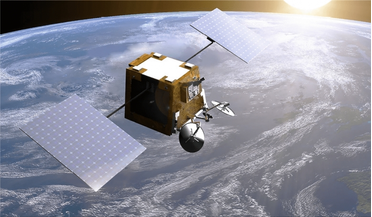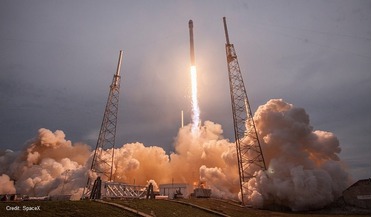 December 2021
The rise of the UK space economy
December 2021
The rise of the UK space economy
... UK space community a strengthened sense of purpose. Meanwhile, the 2018 Space Industry Act is nearing completion as the necessary regulations move through parliament and the first UK launches will be possible as early as summer 2022. Image of the...
 September 2023
A multifaceted approach to space sustainability
September 2023
A multifaceted approach to space sustainability
...the reality that orbits are a finite natural resource that must be used rationally and equitably The regulation of different aspects of space activities (spectrum, launch and operations) is distributed across multiple agencies in most countries, each...
 April 2025
Space sustainability and the role of space situational awareness
April 2025
Space sustainability and the role of space situational awareness
...parts of the world while export controls limit how technology can be exported to other countries. Data rights regulations pose a challenge for space situational awareness as well. Future of SSA for sustainability A sustainable space environment means...
 June 2015
The new space ethics: COSPAR, Planetary Protection and beyond
June 2015
The new space ethics: COSPAR, Planetary Protection and beyond
.... Alternatively humanity can look for values and try to create a shared understanding that becomes codified through regulation (rather than derived from it). Fundamentally, the different values that underpin state activity and commercial activity...
 October 2015
The Global Space Governance Study – A new regulatory framework for New Space?
October 2015
The Global Space Governance Study – A new regulatory framework for New Space?
... scientists and engineers meet and talk together about future initiatives in space, while space lawyers and regulators consult together in totally different sessions. The Montreal Declaration emphasized the need for interdisciplinary consultation and...
 February 2022
A new legal system for space
February 2022
A new legal system for space
...Earth. Access to space is both imminent and inevitable, so we need to think more broadly about how we properly legislate, regulate and nurture the future of space. Forgive the pun, but the commercialisation of space is currently happening in a vacuum...